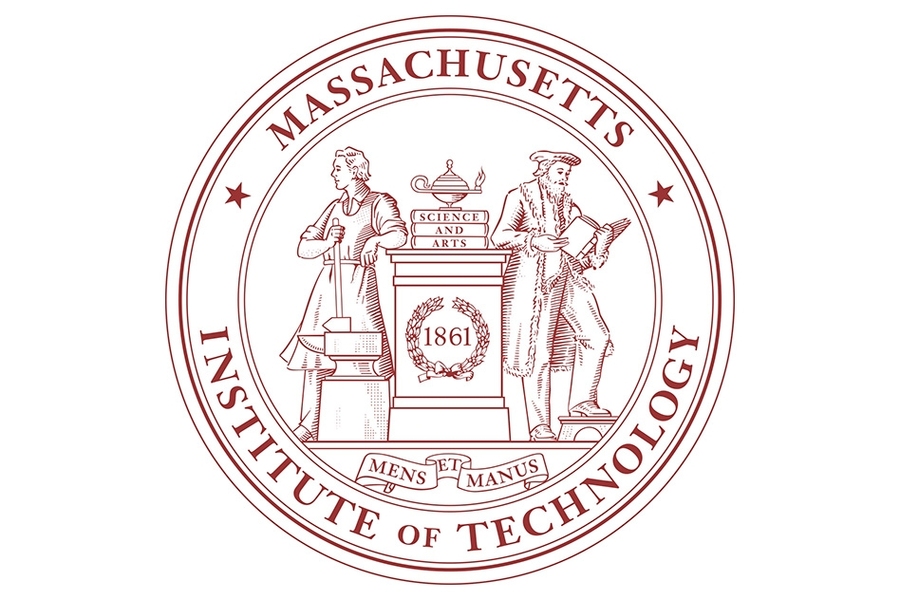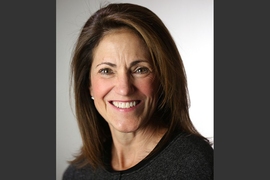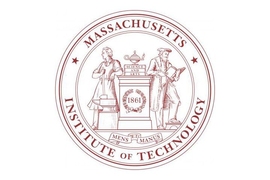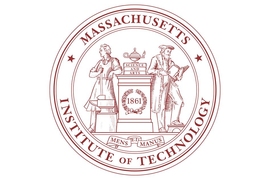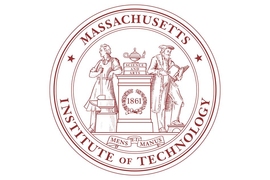The following email was sent yesterday to the MIT community by President L. Rafael Reif.
To the members of the MIT community,
In the last several weeks, the nation has once again seen evidence that sexual harassment is pervasive. I am deeply disturbed by the revelations of misconduct elsewhere — and I know it also happens at MIT.
On this question, our community is not an oasis of safety. When it comes to sexual harassment, assault and related misconduct, a community like ours presents a particular set of risks: a 24/7 environment that brings together people across a broad range of ages, incomes and backgrounds, many of whom have power over others — power to make being at MIT miserable, power enough to make or break a career.
I want to use this moment of heightened attention to be clear about why this abuse of power is so disturbing in the context of our community — and to highlight what we must do and are doing about it. I expect we do not yet know the full extent of the problem at MIT. But the fact it exists here at all demands our serious attention.
The MIT community is built on collaboration and mutual respect. Sexual harassment is an act of aggression that belittles, unnerves and controls. It violates our fundamental expectations of respect and equality, and it violates the humanity of the person being harassed.
For many who suffer sexual harassment, the experience seriously damages their lives, their aspirations, their confidence and their careers. In some cases, the “remedy” can be damaging too. It grieves me to know that some of you reading this may have endured sexual misconduct at MIT, sought to take action and felt thwarted, silenced or ignored. As a community and as an administration, we must make sure that seeking help actually helps.
So, what are we doing?
- We start with a baseline of sound policies against harassment, thoughtfully revised just last year. We are now making certain that our procedures for raising complaints and reviewing them are fair to all involved, effective and clear.
- We are also expanding rules regarding consensual relations among community members across lines of authority, such as faculty and graduate students.
- Another vital step is to offer those who experience sexual misconduct the right resources, such as confidential personal support and guidance about options for reporting. In the last three years, MIT has substantially improved these services and expanded our staff. But many who could use such services may not even know they exist; we need to do more to get the word out. Chancellor Barnhart offers more detail on our efforts in this interview.
- All incoming students go through online training to understand what constitutes sexual misconduct, how to intervene against it and how to respond effectively to someone affected by it. Thanks to a two-year development process, now, for the first time, we are including all faculty and staff. This process has already begun with the deans, department heads, and directors of labs and centers. By the end of the academic year, we expect that every member of the community will take part in this training.
- Finally, to make good decisions, we need good data. The training mechanisms for faculty and staff will also provide ways to indicate whether one has experienced sexual misconduct at MIT. And in the next academic year, we will again conduct a survey that will allow students to convey how they may have experienced sexual misconduct here.
- I am conscious, however, that especially on questions around faculty and staff misconduct, we are not where we need to be. I have asked the leaders of Human Resources, the Provost’s Office, the Chancellor's Office, and the Office of the General Counsel — consulting with community members — to study our policies and practices, strengthen them where necessary, increase the community's awareness of them and develop a process so that findings of sexual misconduct are consistently handled in a way that balances fairness and transparency.
In the end, the most important work is up to all of us. We need to actively build a culture that treats sexual harassment, coercion and assault as taboo, absurdly out of bounds — unthinkable for anyone, of any age, in any context. Let me now state the obvious. Most harassers are men. As a result, the men in our community must play a particularly important role in leading and driving the necessary change in culture.
Every member of our community is valuable, and harm to one is harm to all. As long as sexual harassment and assault persist in our community, we fail to live up to our shared potential and to fulfill our aspiration to make a better world.
* * *
If the problem seems daunting, we can take inspiration from two MIT giants we lost this year, President Emeritus Paul Gray and Institute Professor Millie Dresselhaus.
In the 1970s and ’80s, Paul and Millie both saw that the MIT they lived and worked in should be better — more fair, more open and more welcoming to talent from every background — and they took deliberate, concerted, strategic action. Their leadership helped to reshape the MIT community — and helped deliver “the future” we inhabit today.
Their progress proves something important and hopeful: that in the life of a community, cultural change and moral growth are possible. Today, the responsibility to sustain that momentum falls to us. So I close with a challenge: that we each strive to define what we can do to invent a better MIT community for those who are here today, and for those who will follow us tomorrow.
I look forward to joining you in this vital work.
Sincerely,
L. Rafael Reif

